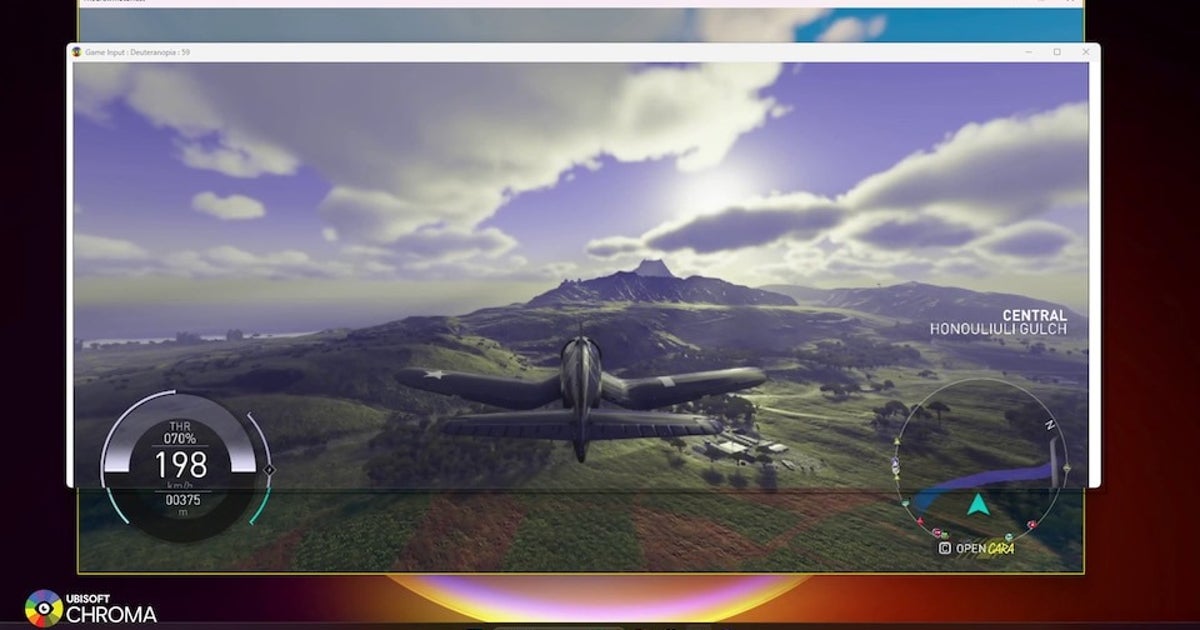Oncotelic Therapeutics Inc. OTLC , the RNA-based therapeutics company, says it is making progress advancing its antisense oligonucleotide (ASO) platform, fueled by promising clinical data and growing evidence that Transforming Growth Factor Beta 2 (TGFB2) may be a critical driver of immune evasion in multiple cancers. The company's progress has been documented in five recent peer-reviewed publications and demonstrated by the successful completion of Oncotelic's phase 1 trial evaluating its lead ASO drug OT-101 in combination with IL-2.
OT-101 is a novel antisense oligodeoxynucleotide targeting TGFB2, a cytokine overexpressed by various malignancies (gliomas, pancreatic cancer, melanoma, colorectal cancer) to escape immune surveillance. By blocking TGFB2 , OT-101 is designed to enhance antitumor immunity by "lifting" the immunosuppressive environment and improving synergy with other treatments, such as checkpoint inhibitors (CKIs), chemotherapy and cytokines like IL-2. The company's drug has gotten a lot of attention in peer reviewed journals over the years, underscoring its potential in repolarizing tumor-associated macrophages, and thus boosting immune responses.

The company believes the drug could become integral to future pediatric immuno-oncology strategies in high-grade gliomas and used in combinatorial regimens targeting multiple immune-suppressive checkpoints. Oncotelic says it is pinpointing new drug targets in pancreatic ductal adenocarcinoma (PDAC) that may synergize with OT-101 to overcome chemoresistance and showing how epigenetic factor s could refine patient selection for OT-101 therapy and open new investigations into combination epigenetic/ASO approaches. Phase 1 OT-101 + IL-2 Trial: A Key Milestone For CKI Therapies Oncotelic's phase 1 trial, which combines OT-101 with recombinant IL-2, was designed to investigate the safety and tolerability of the combination in patients with advanced or metastatic solid tumors.
Oncotelic said the combination showed a tolerable safety profile at the planned dosing schedule with no unexpected safety signals identified. What's more, early immunologic signals suggest that TGFB2 inhibition can substantially enhance IL-2–mediated T-cell activation, reports the company. Oncotelic is expanding its clinical program to test OT-101 + IL-2 in additional tumor indications (e.
g., lung cancer, melanoma, colorectal cancer), in parallel with ongoing trials combining OT-101 with checkpoint inhibitors and standard-of-care chemotherapy (FOLFIRINOX) in pancreatic cancer. "We are thrilled to announce the completion of our Phase 1 study evaluating OT-101 with IL-2, a key milestone that sets the stage for next-generation immunotherapy combinations, while the we await the read out for our phase 3 trial of OT-101/mFOLFIRINOX in PDAC," said Dr.
Vuong Trieu, chairperson and CEO of Oncotelic. ASO Approvals On The Rise The broader antisense (ASO) market is on an upward trajectory, with multiple ASO-based therapies recently authorized and more approvals expected in 2025. In 2024, the FDA approved several antisense oligonucleotide (ASO) drugs, including Tryngolza (olezarsen, Ionis Pharmaceuticals) for familial chylomicronemia syndrome (FCS), and Imetelstat (Rytelo, Bristol-Myers Squibb) for low- to intermediate-1 risk myelodysplastic syndromes (MDS).
In 2025, Plozasiran (Arrowhead Pharmaceuticals), Donidalorsen (Ionis Pharmaceuticals) and Fitusiran (Sanofi/Alnylam) are expected to receive approval. All of that is being driven by increasing confidence in RNA-targeting drugs as an efficient way to silence disease-driving genes, which Oncotelic says aligns with its strategy, which includes the following: Streamlined development timelines: ASOs can be rapidly designed to hit newly identified targets. Personalized precision: Combined with patient-specific biomarkers (e.
g., TGFB2 methylation), ASOs can be tailored for maximum efficacy. Combination readiness: ASOs like OT-101 can integrate into combination regimens, addressing multiple tumor escape pathways simultaneously.
Expanding The OT-101 Pipeline With a phase 1 trial under its belt and five peer reviewed publications, Oncotelic says it is poised to accelerate its ASO platform through several fronts. They include multi-pronged combinations including IL-2, checkpoint inhibitors, standard chemotherapy and new targets identified, tailoring each trial to tumor-specific biology (e.g.
, PDAC, gliomas) and next generation targets. The company also believes it will benefit from a favorable regulatory environment that bodes well for OT-101's potential registration. This is important since OT-101 is currently undergoing a pivotal registration phase 3 trial in PDAC.
By harnessing TGFB2 blockade and capitalizing on the success of the recent phase 1 trial, Oncotelic says its ASO platform could reshape standard-of-care options in some of the toughest-to-treat malignancies, potentially driving new hope for patients in dire need of effective therapies. Featured image by National Cancer Institute on Unsplash . This post contains sponsored content.
This content is for informational purposes only and is not intended to be investing advice. © 2025 Benzinga.com.
Benzinga does not provide investment advice. All rights reserved..
Oncotelic's ASO Platform Could Mark A New Era In RNA Therapeutics

Oncotelic Therapeutics Inc. (OTC:OTLC), the RNA-based therapeutics company, says it is making progress advancing its antisense oligonucleotide (ASO) platform, fueled by promising clinical data and growing evidence that Transforming Growth Factor Beta 2 (TGFB2) may be a critical driver of immune evasion in multiple cancers.The company's progress has been documented in five recent peer-reviewed publications and demonstrated by the successful completion of Oncotelic's phase 1 trial evaluating its lead ASO drug OT-101 in combination with IL-2.OT-101 is a novel antisense oligodeoxynucleotide targeting TGFB2, a cytokine overexpressed by various malignancies (gliomas, pancreatic cancer, melanoma, colorectal cancer) to escape immune surveillance. By blocking TGFB2, OT-101 is designed to enhance antitumor immunity by "lifting" the immunosuppressive environment and improving synergy with other treatments, such as checkpoint inhibitors (CKIs), chemotherapy and cytokines like IL-2.The company's drug has gotten a lot of attention in peer reviewed journals over the years, underscoring its potential in repolarizing tumor-associated macrophages, and thus boosting immune responses. The company believes the drug could become integral to future pediatric immuno-oncology strategies in high-grade gliomas and used in combinatorial regimens targeting multiple immune-suppressive checkpoints. Oncotelic says it is pinpointing new drug targets in pancreatic ductal adenocarcinoma (PDAC) that may synergize with OT-101 to overcome chemoresistance and showing how ...Full story available on Benzinga.com














